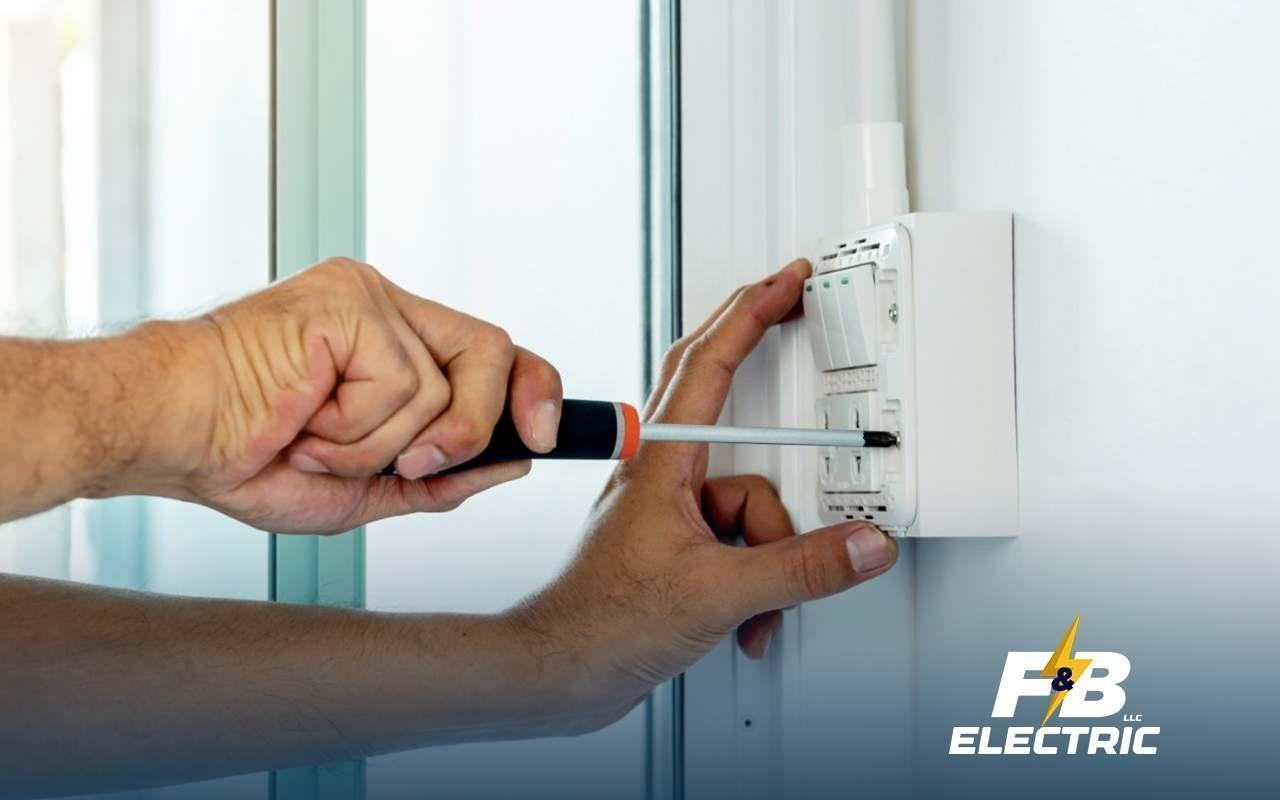
Electrical safety tips help homeowners and businesses avoid unexpected hazards. Power-related accidents often happen due to everyday mistakes, but small changes in how electricity is handled can significantly reduce risks. Understanding proper safety measures ensures a safer environment for everyone.
Essential Electrical Safety Tips for Everyday Use
Simple habits can prevent common electrical hazards. Following best practices makes a home or workplace safer and more energy-efficient.
Safe Appliance Usage
Electrical appliances are a major part of daily life, but improper use can cause damage or injury. Keep these tips in mind when handling electrical devices:
- Turn off appliances before plugging them into an outlet.
- Keep water away from cords and plugs to avoid electrical shock.
- Allow proper ventilation for devices that generate heat, such as microwaves and computers.
- Never pull a plug by its cord—always remove it by gripping the plug itself.
- Use energy-efficient appliances to prevent excess strain on circuits.
Handling Electrical Cords Safely
Cords and wires often go unnoticed, but improper usage can lead to fraying, overheating, or tripping hazards.
- Avoid running cords under rugs where they can wear down unnoticed.
- Replace damaged wires immediately instead of attempting temporary fixes.
- Use the right extension cord for the job—heavy-duty appliances need cords rated for high power.
- Don’t daisy-chain multiple extension cords together, as this increases resistance and heat buildup.
- Keep cords away from pets to prevent chewing damage.
Best Practices for Safe Outlet Use
Power outlets are designed to handle specific electrical loads. Overusing them or ignoring warning signs can result in dangerous overheating.
How to Prevent Outlet Overload
- Distribute power use by plugging high-energy appliances into separate outlets.
- Unplug devices when not in use to reduce wear on the outlet.
- Use power strips with built-in surge protection for added safety.
- Install smart outlets that automatically shut off when an electrical fault is detected.
Recognizing Unsafe Outlets
Signs of a failing outlet should never be ignored. If any of these occur, a professional should inspect the system:
- A burning smell coming from the outlet
- Sparks when plugging in a device
- Discoloration on the faceplate
- Loose plugs that don’t stay inserted properly
Protecting Against Electrical Hazards
Electrical safety is about more than just following rules—it’s about building habits that protect homes, businesses, and the people in them.
Precautionary Steps for Better Safety
- Install motion-activated lights in dark areas to prevent trips and falls.
- Use battery backups for critical equipment in case of sudden power loss.
- Check outdoor outlets regularly to ensure they are weatherproof.
- Maintain clear access to electrical panels in case of an emergency.
Stay Safe with These Electrical Safety Tips
Following electrical safety tips reduces risks, prevents costly damages, and ensures a secure environment. Taking small precautions today can prevent serious problems later.
Our team provides licensed and insured electrical services with 24/7 availability, free estimates, and a one-year warranty on all work. Contact us today for professional guidance on electrical safety.
